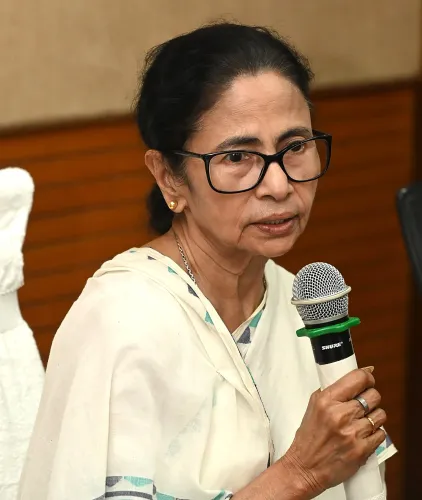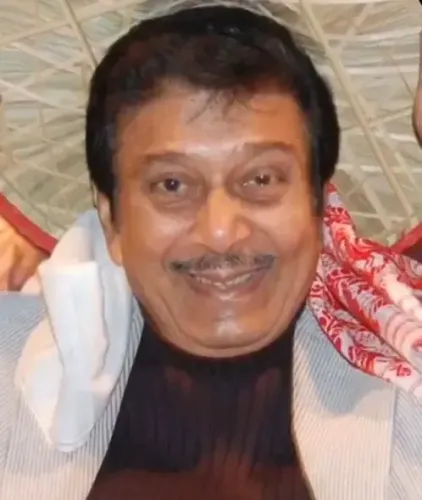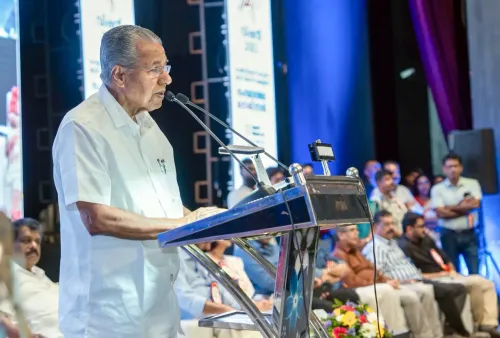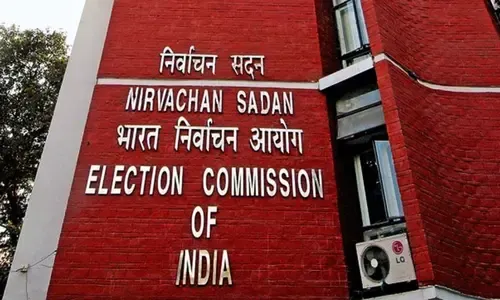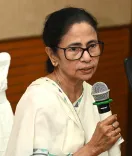Did the Maha Assembly Approve the Bill to Combat Left-Wing Extremism?
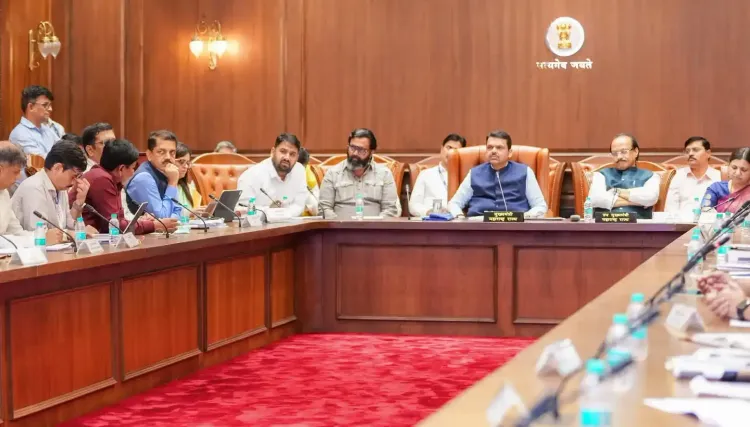
Synopsis
Key Takeaways
- The Maharashtra Assembly passed the Maharashtra Special Public Security Bill, 2024.
- The bill aims to curb illegal activities of left-wing extremist organizations.
- It establishes an advisory board for the declaration of unlawful organizations.
- Investigations will now be conducted by officers of higher rank.
- The bill ensures protection for legitimate political activities.
Mumbai, July 10 (NationPress) The Maharashtra Legislative Assembly on Thursday approved the Maharashtra Special Public Security Bill, 2024, through a voice vote. This bill was introduced by Chief Minister Devendra Fadnavis in accordance with the recommendations of the joint select committee.
Originally presented during the winter session last year, the bill was referred to a joint select committee led by Revenue Minister Chandrashekhar Bawankule, which proposed various amendments in its report.
The newly revised bill aims to curb specific unlawful activities associated with left-wing extremist organizations or similar groups. Notably, there was no dissent recorded in the report from the joint select committee, although CPM member Vinod Nikola expressed opposition to the bill.
In his defense, CM Fadnavis emphasized that the bill is not intended to target anyone unfairly, but is designed to combat those who incite unrest against the Indian Constitution. He assured that no actions would be taken against journalists or political figures, stating that the bill is primarily focused on national security.
Fadnavis clarified that the legislation does not aim to hinder the activities of leftist parties, affirming respect for leaders of parties like CPI and CPM. He reiterated that the bill targets organizations rather than individuals, allowing groups representing farmers and others to conduct protests without fear of repercussions under this law.
“Organizations with the intent to undermine the established institutions of the country will face consequences,” he added. He pointed out that 48 organizations have already been banned in Telangana, Andhra, Odisha, and Jharkhand under similar laws. The financing of organizations engaged in anti-national activities will also invoke penalties as per the amended provisions in Maharashtra. “There will be no misuse of this act,” he assured.
According to the amendments proposed, the bill was previously titled 'A Bill to prevent illegal activities of individuals and organizations,' which has now been changed to 'A Bill to prevent illegal activities of extremist, left-wing extremist organizations or similar organizations.'
The objective of the bill has been revised from addressing 'certain unlawful activities of individuals and organizations' to 'certain unlawful activities of left-wing extremist organizations or similar organizations.'
Furthermore, the bill outlines the formation of an advisory board tasked with designating specific organizations as unlawful. This board will include a serving or retired High Court justice, a retired district judge, and a public prosecutor from the High Court, with the High Court justice serving as the chairperson. Previously, the advisory board was limited to just a High Court justice or an individual of equivalent stature.
Additionally, the bill stipulates that the investigation of crimes must be conducted by officers of no lower rank than a Deputy Superintendent of Police. The joint select committee underscored the need for a higher-ranking officer due to the nature of cases registered under the UAPA and Prevention of Atrocities Act.
Under the bill, unlawful activity is defined as any act, whether through words, signs, or other representations, that poses a threat to public order and tranquility, thereby obstructing the maintenance of law and order.
Unlawful organizations are characterized as those that engage in or support unlawful activities. If the government determines that any organization has become unlawful, it may declare it as such through an official gazette notification. Organizations deemed unlawful may contest this declaration within 15 days, with their case reviewed by the advisory board.
The advisory board will be chaired by a High Court judge and will consist of one retired district judge and a government pleader from the High Court, appointed by the state government. Once an organization is classified as unlawful, local authorities may designate locations associated with such organizations and take possession of properties used for illegal activities.

